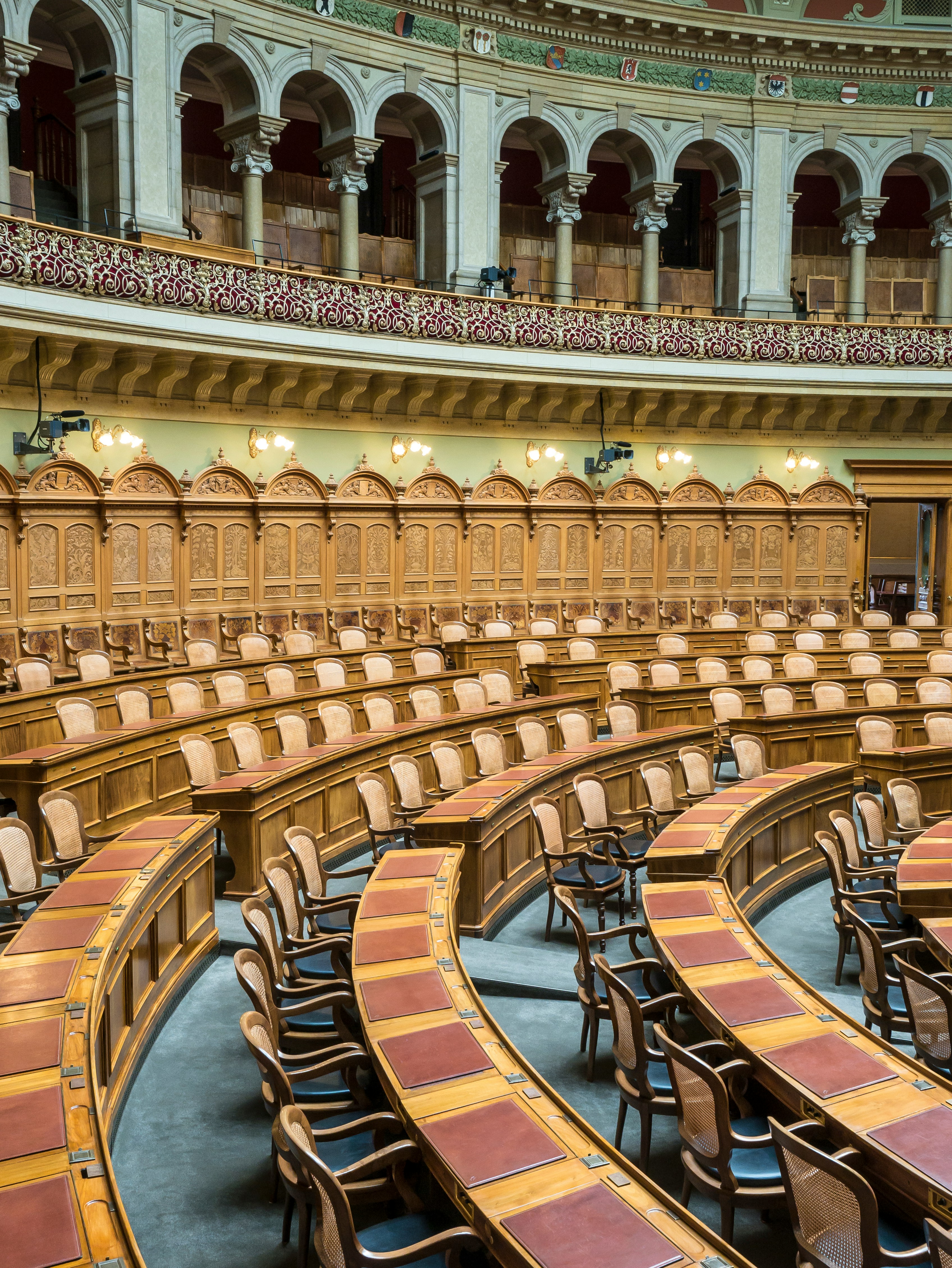Consumer Rights Focused Constitutional Challenge Calls for Urgent Revision of Legislation that Fails to Cover Renewable Energy Procurement for Residential Electricity Users

Image credit: SFOC
August 22, 2024 (SEOUL) — Marking Energy Day in South Korea, 41 plaintiffs filed a constitutional appeal at the South Korean Constitutional Court, calling for the revision of legislation that unfairly restricts renewable energy procurement to general electricity or industrial electricity users, effectively blocking average residential electricity consumers from participating in the purchase of renewable energy.
Geonyoung Kim, Attorney at Solutions for Our Climate (SFOC), said, “Around 15% of South Korea’s electricity consumption is taken up by residential electricity use. By restricting renewable energy to general and industrial users, renewable energy procurement is effectively left off the table for residential users. This blocks the citizens’ right to make conscious purchasing decisions in response to the climate crisis by choosing renewable energy-derived electricity.”
According to a survey of 2,000 respondents (covering men & women, between the ages 20-59) conducted by SFOC and Hankook Research earlier this year, most respondents (56.8%) see their lives connected to the expansion of renewable energy. Additionally, around half (47.4%) believe that their efforts to expand renewable energy can make a difference. Notably, around half (47.7%) also indicate their willingness to pay extra for renewable-energy derived electricity.
Figure 1: South Korean residents' willingness to pay a premium for renewable energy-based electricity

Source: SFOC and Hankook Research, 2024
Cha-Kyung Lee, Secretary General at Consumer Climate Action, emphasized the important role of changemakers, “We believe that consumers can be the agents of change in the energy ecosystem. It is vital for the government to realize that responding to consumer demand for the right to choose green electricity is an effective way to achieve carbon neutrality.”
The South Korean power market is monopolized by the state-owned utility, Korea Electric Power Corporation (KEPCO), which oversees the bulk of power generation and is the sole distributor providing electricity to consumers.
Under South Korea’s current legislation, average households are effectively blocked from renewable energy procurement options due to the absence of suitable mechanisms, such as power purchase agreements (PPAs). While companies can utilize various mechanisms under the Korean RE100 scheme, such as third-party PPAs, direct PPAs, and certificate purchases, residential consumers can only make use of self-generation, like setting up solar panels in their homes. Average South Korean citizens who live in apartment buildings cannot meet 100% of their electricity needs by using solar panels, which makes alternative renewable energy procurement options critical to meet their needs.

Image credit: SFOC
At a global level, restrictions in legislation put South Korea’s residential consumers behind those of other nations, such as Germany, the United Kingdom, and Japan – where avenues of residential renewable energy procurement are more readily available.
Kim from SFOC reiterated the importance of broadening renewable energy procurement, “In the race to combat the climate crisis, it is imperative that as many stakeholders as possible are given space to purchase renewable energy. By revising legislation that blocks residential electricity consumers from renewable energy purchases, South Korea can empower citizens’ actions domestically and serve as a model case of household renewable energy procurement for the region.”
Figure 2: Overseas Cases Showcasing Residential Electricity Consumers' Optional Renewable Energy Purchase Schemes

Source: SFOC analysis
Photos from the press conference can be accessed here (Image credit: SFOC).
ENDS.
Editor’s Notes
About SFOC: Solutions for Our Climate (SFOC) is an independent nonprofit organization that works to accelerate global greenhouse gas emissions reduction and energy transition. SFOC leverages research, litigation, community organizing, and strategic communications to deliver practical climate solutions and build movements for change.
Website: https://forourclimate.org/About Energy Day in Korea: Hosted on August 22nd annually, Energy Day was initiated to promote energy conservation movement when energy consumption peaked in 2003: https://www.enet.or.kr/index.php?mid=eday
Background on Korea’s power market: The South Korean power market is essentially monopolized by the state-owned utility, Korea Electric Power Corporation (KEPCO), which is the sole retailer providing electricity to consumers, monopolizing control over transmission and distribution networks, and owns generation subsidiaries that accounted for 66.6% of power generation in 2023.
Coal (196.7 TWh, 33.11%) and LNG (163.6 TWh, 27.54%) account for more than 60% of the electricity generated in Korea (a total of 594 TWh), according to KEPCO’s 2022 data. Solar (27 TWh, 4.55%) and wind (3.4 TWh, 0.57%) amount to only a small portion of the total electricity.
Source: KEPCODetails on the legislation challenged in the constitutional appeal:
Article 4, Paragraph 4 of the Directive on Third-Party Power Transaction Contracts for New and Renewable Energy Generated Electricity (partially amended by the Ministry of Trade, Industry and Energy's Notice No. 2023-175 dated 28 August 2023), which states that "High-voltage customers of general electricity (300 kW or more) or industrial electricity (300 kW or more)".Background on the Korean RE100 (K-RE100) Scheme: a certification system for the use of renewable energy electricity, introduced in 2021 to respond to global customers' demands for domestic companies to use renewable energy and reduce carbon emissions. According to the "Regulation on Support for New and Renewable Energy Facilities" (the "K-RE100 Regulation"), which stipulates the K-RE100 Scheme, companies can use renewable energy electricity by:
(1) paying a green premium
(2) entering into a power purchase agreement via the electricity retailer (i.e., KEPCO)
(3) entering into a direct power purchase agreement for renewable energy electricity
(4) purchasing renewable energy certificates (RECs)
(5) installing renewable energy facilities for self-consumption
Source: Article 63, Paragraph 1 of the K-RE100 Regulation
The method of use and application of each method are as follows.

Media Contact
For media inquiries, please reach out to Kate Kalinova, Communications Officer, at kate.kalinova@forourclimate.org.
Share this insights






















